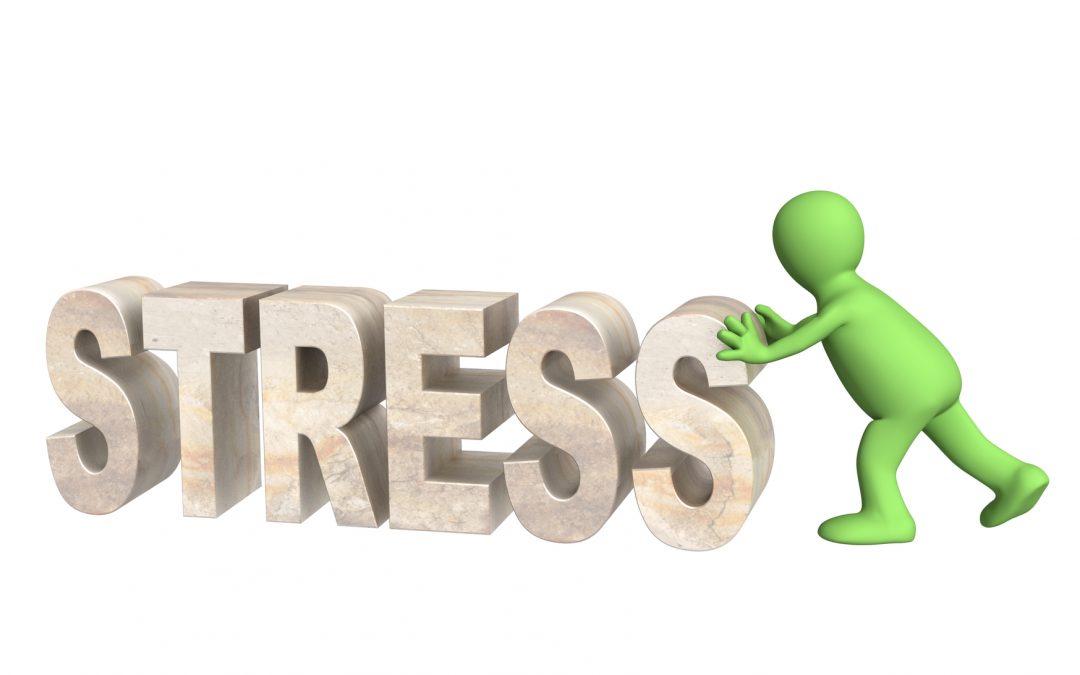
Time: How can I, and/or other leaders, make time to demonstrate our highest priority? What meetings or events should we attend? Are there opportunities to share messages or teach mini-lessons that would reinforce desired values? Am we present for both formal and informal gatherings? How could we spend my time in a way that sends a positive message about our desired reality? Next time you hear “perception is reality” ask yourself what actions would provide unmistakable data about reality? While they can take many forms, there are some big categories of symbolic actions to tap into including sacrifices of time, previous priorities, and ego. A symbolic action is any interaction taken where others who witness it will walk away knowing your values and priorities.

One of the most effective ways is to engage in symbolic actions. And by the way, all behaviors are ambiguous.” So, don’t leave it up to perception to decide what something means, take action to reverse the perception curse. One of my long-time partners, Kerry Patterson, described the phenomenon this way: “In an uncertain atmosphere, all ambiguous behaviors will be interpreted negatively. You need to actively generate a new data stream-one that helps people realign to reality. That’s why these perceptions are so difficult to dismiss verbally. Here’s what I mean: the longer this new perception goes unchallenged, the closer to reality it becomes. That is, unless you take action to make it otherwise. The brain draws a tentative conclusion which very quickly converts from perception into reality. In its search, the brain will accept all kinds of data as confirming data-regardless of whether it is, in fact, confirming data. And here’s where things get interesting: Once this new perception is created, the brain starts looking for confirming data that this is reality. In these moments, we very quickly formulate a hypothesis as to why said instance came to be, as well as how it fits into our world. It starts doing so when these patterns are first created-from the very first appearance of the very first instance. Our brains are wired to help us identify and handle complex patterns of behaviors. There is a specific brain science (or brain curse for some) that comes into play here. unless you take action to make it otherwise. But as I’ve studied both sides of the issue over the past twenty years, I’ve come to a more complete understanding of the concept. I played my part in slathering on a fair number of these types of phrases to position our services. It started toīecome yet another, more acceptable way of declaring, “serenity now!”īefore I get too far into this, I should disclose that I started my career designing and analyzing organizational assessments in all their varieties.

While the original intention was to serve as a reminder that people equate their perceptions of their experiences as their reality, it soon became a way to justify inaction, unfair or uninformed judgements, or to pursue the easiest path forward.
#Vitalsmarts style under stress plus#
Like you, I’ve heard this phrase tossed around since the beginning of my career-some twenty plus years ago. However, for some, there seems to be a general acceptance that how they feel is valid now and forever, almost as an excuse for not exerting self-control. When a child says, “I hate you” to a disciplining parent, we usually agree it’s a temporary feeling and will pass once the sting of discipline has come and gone. However, I mostly see the phrase used to justify those “Heat of the Moment” feelings and to make the case that your perceptions are truth and are also valid for all eternity. On one hand, I can see that in the heat of the moment it is very helpful to understand what the other person is feeling or perceiving to gain common ground and reach understanding. For the past five years or so, I’ve often heard the phrase “perception is reality” and it makes me cringe.


 0 kommentar(er)
0 kommentar(er)
